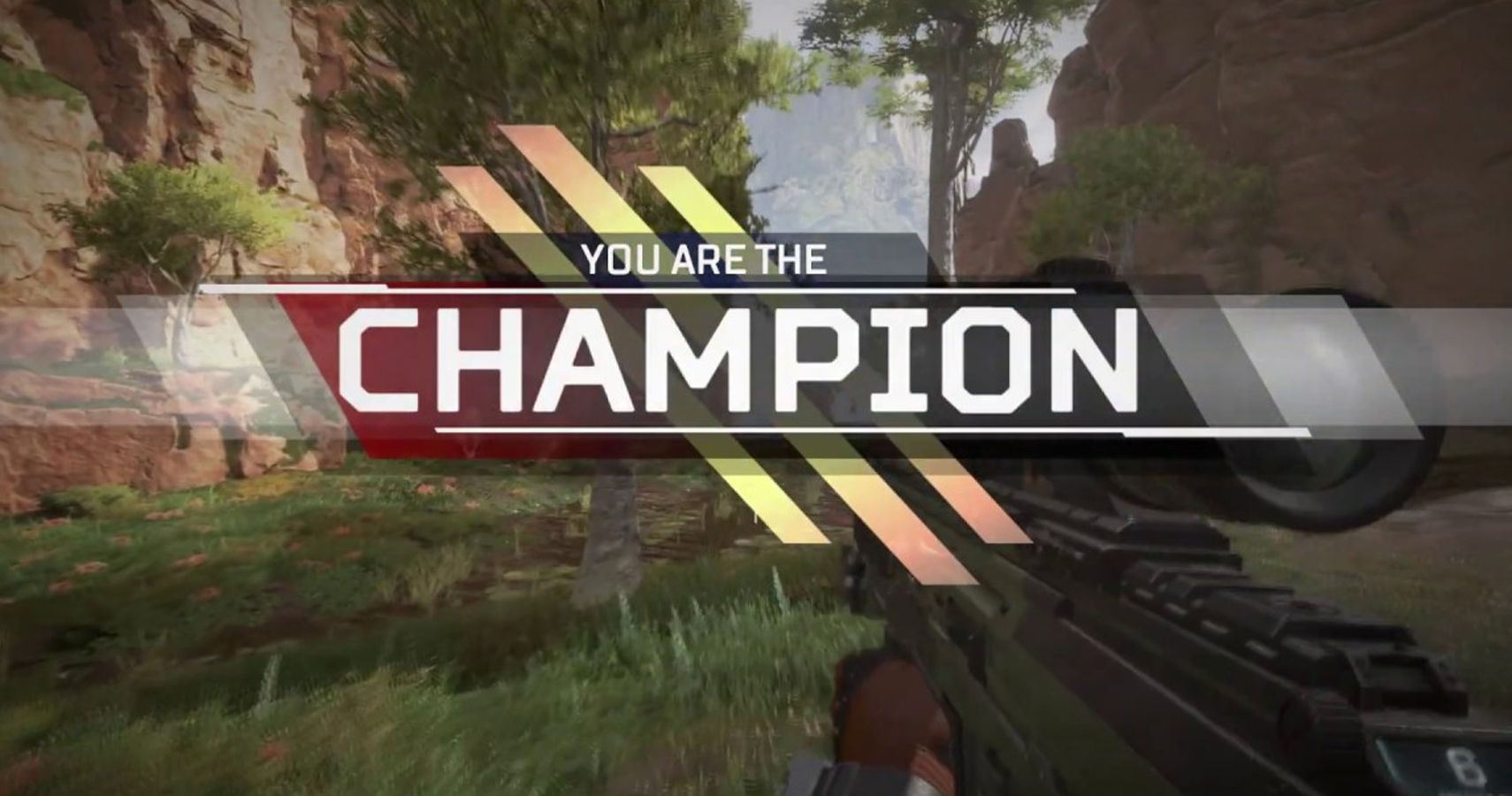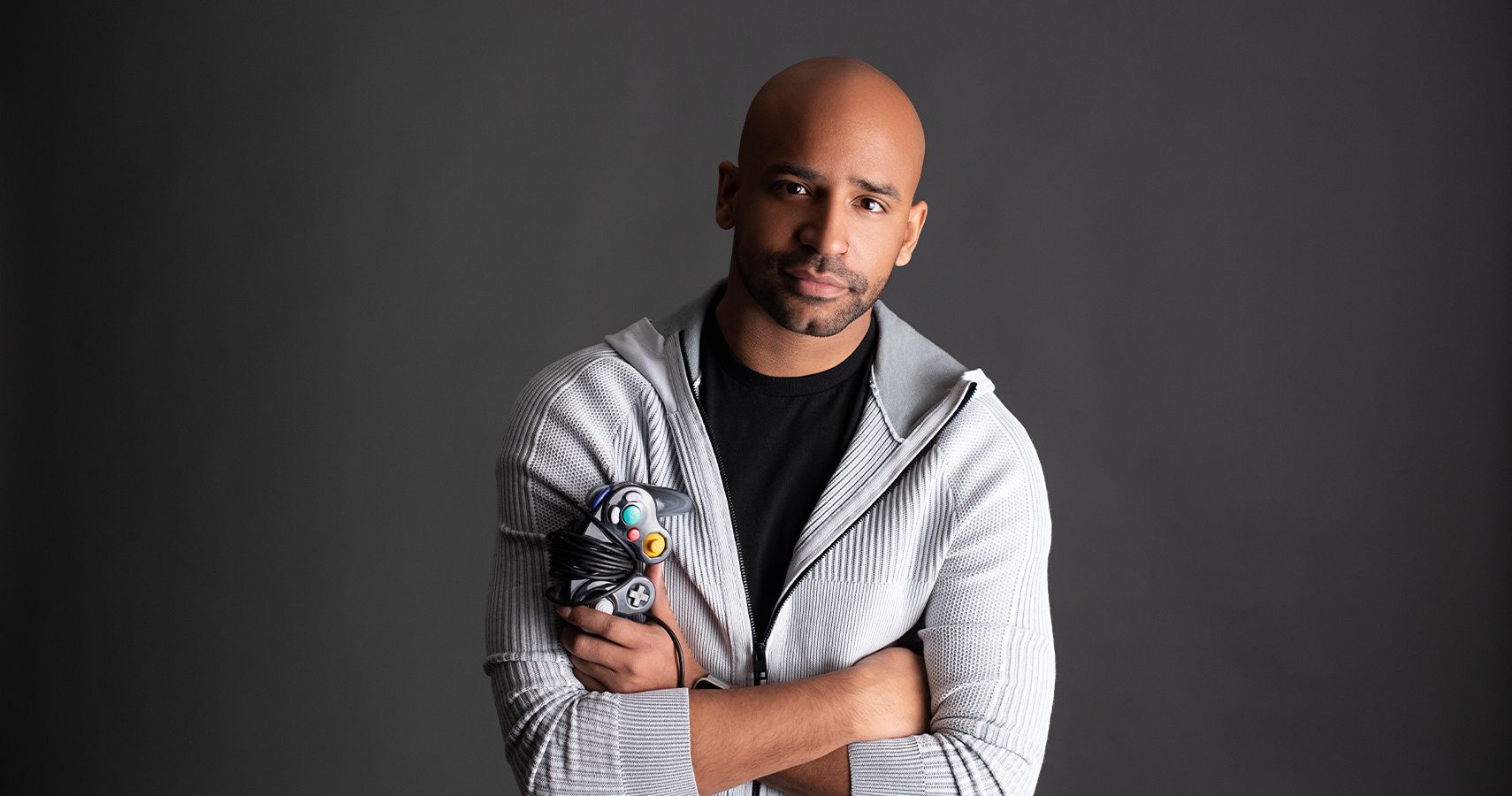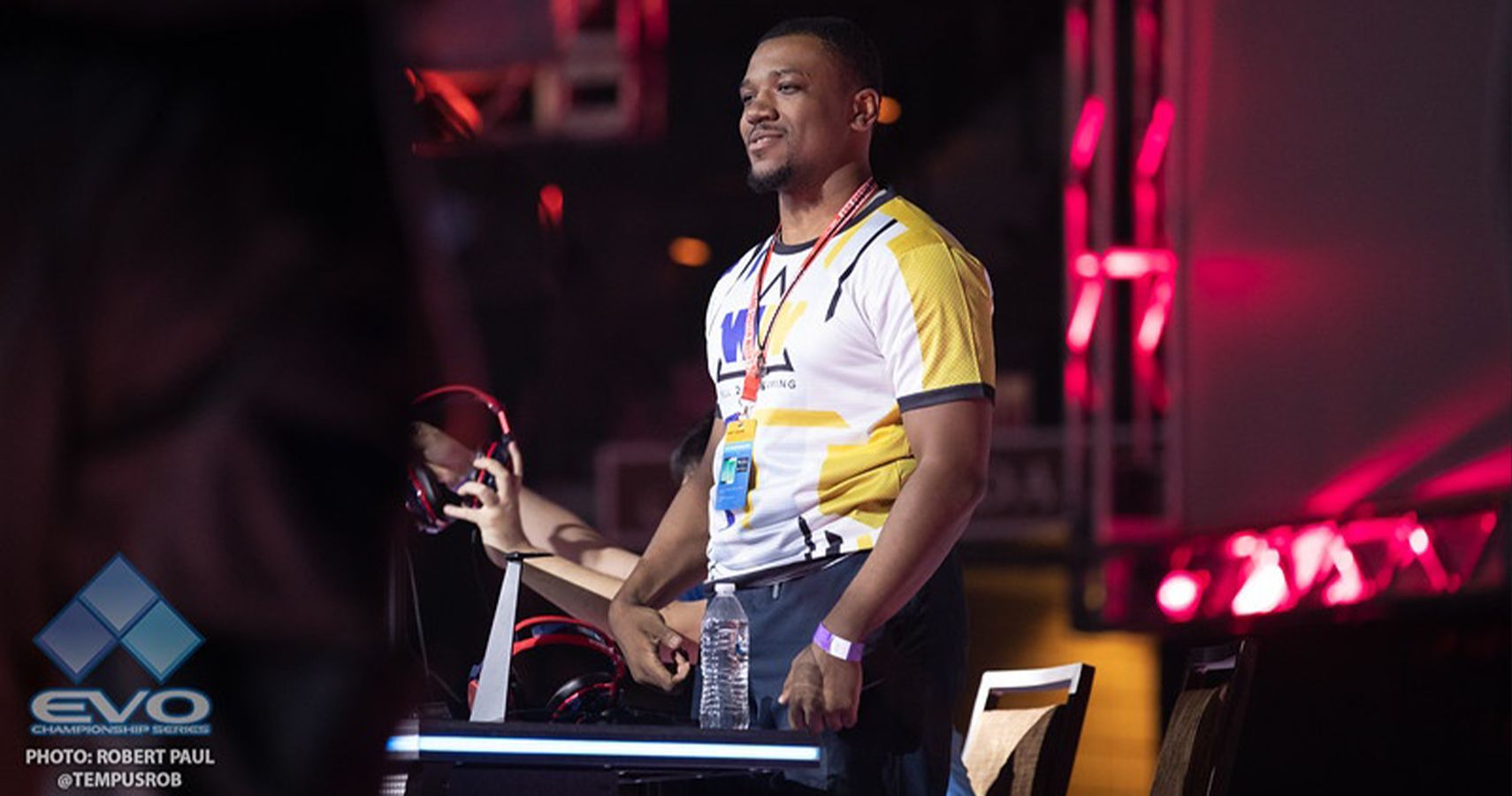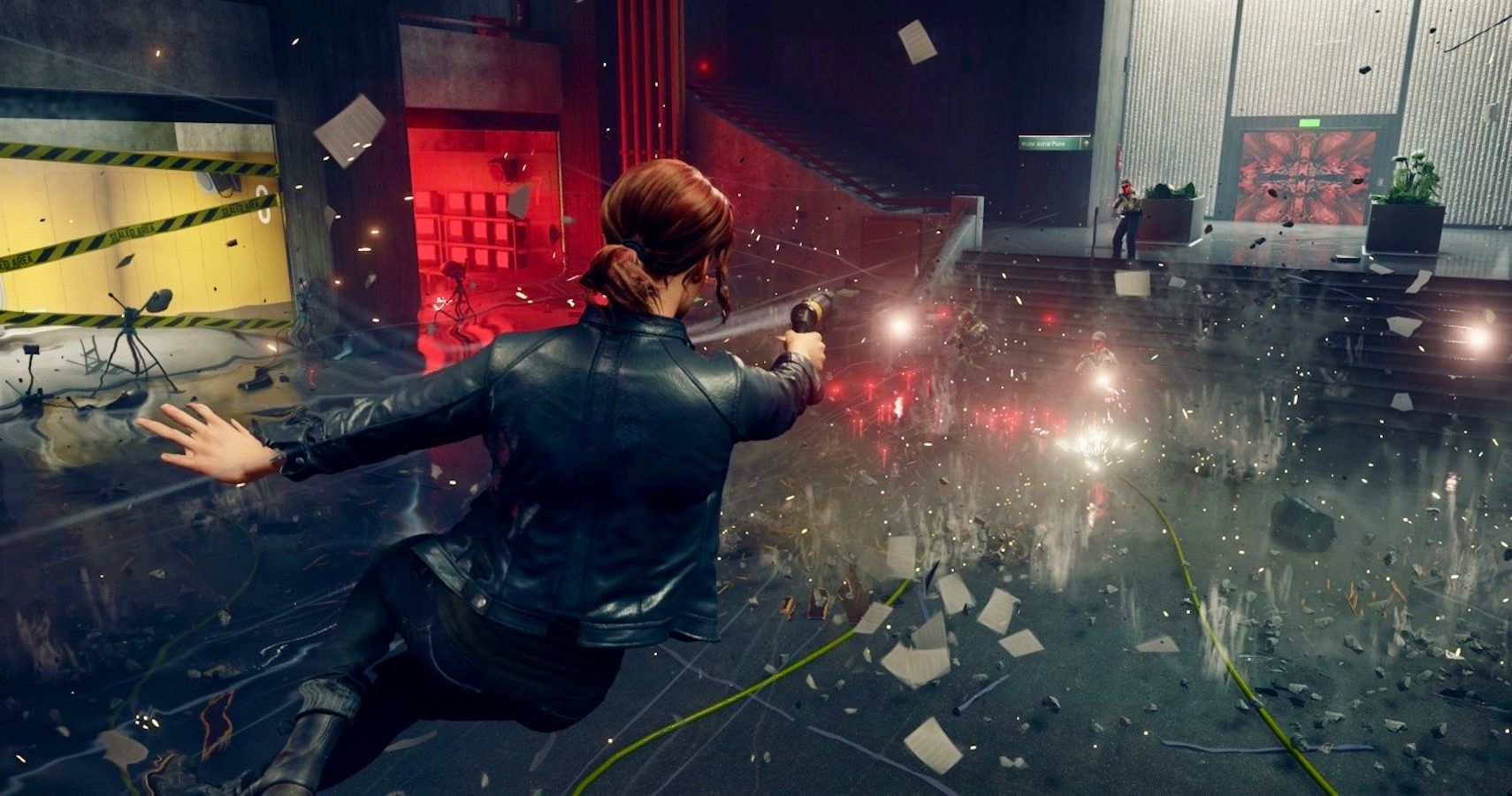When I heard about Metafy, a venture-backed startup dedicated to matching video game players with top-caliber pros for coaching, I wanted to give it a try. For as little as $20 a session, I’d work with a professional player who could coach me in my game of choice, Apex Legends. The platform also hosts coaches for a variety of other games, including games with huge pro scenes like League of Legends as well as games with niche competitive communities like Civilization VI.
For people who are competitive by nature, games like Apex Legends are inherently more fun when they’re winning. In fact, the FPS game’s matchmaking system works so that even the worst players can enjoy the thrill of getting kills and occasional wins. Dying less often means less time spent loading into games. And of course, there’s always the satisfying feeling of seeing the “Champion” banner, which continues to excite me as much today as it did when I first started playing.
But the question remained: Could hiring a coach really help me improve?
And with that, I undertook a mission to hire an Apex Legends coach via Metafy.
Metafy’s Origins
Before embarking on this endeavor, I spoke to Josh Fabian, Metafy’s cofounder and CEO. A product specialist who previously founded the anime social sharing site Kitsu, Metafy is his newest endeavor.
“This is my dream, honestly,” said Fabian, who also emphasizes that he’s a very competitive video game player. In fact, at one point he was a top 20-ranked Clash Royale player and even made decent money as a coach during that time. “The idea of having this platform where the best players in the world across every game are all in one place, that’s the coolest thing.”
He founded Metafy after hiring a professional Pokémon Trading Card Game player to coach his children and witnessing their dramatic improvement. Fabian recognized that in the current video game ethos, there are few ways for pros to monetize their talent beyond occasional tournament earnings. Some might opt for streaming or YouTube ad revenue, but even those options leave a swath of talented players struggling for a decent income.
“The dream is to enable as many people as possible to make a living doing the thing they love,” he said.
Fabian swears by coaching. He said he works with coaches for everything he plays, including Super Smash Bros. Ultimate and Legends of Runeterra.
When asked about the platform’s target audience, he told me that all types of people seek coaching for games via Metafy. Some examples include a 70-year-old who wants to improve at chess and 14-year-olds who want to defeat their friends at the Pokémon Trading Card Game. Further, he noted that some parents seek coaching just so they can play games more effectively with their kids.
“They don’t want the kid saying, ‘Dad, you suck. Stop playing with me,” Fabian said.
The Metafy Platform: A Brief Overview
A quick Google search brings up several platforms for esports coaching. Among the most notable is Gamer Sensei, which gaming hardware company Corsair purchased late last year. Still, with its sleek, black design and easy-to-navigate interface, it’s no surprise that Metafy has captured the attention of people such as Naval Ravikant (co-founder and former CEO of AngelList), Matt Cooper (CEO of Skillshare), who helped fund a $3 million seed investment round in January.
The site vets prospective coaches based on their tournament performance, though the team screens coaching candidates to ensure they’re personable as well. Metafy doesn’t take a commission or transaction fee and intends to monetize other ways in the future. Fabian suggested that the bigger picture could include a subscription program that allows access to a library of instructional videos. In turn, the site can pay a cut of that to the creators as well.
The Coaches: Metafy’s Top-Level Talent
Before I signed up for the session, I wanted to understand Metafy from a coach’s perspective. I spoke with Perry “KnowKami” Vinson, a partnered Twitch streamer, YouTuber and top-level Dragon Ball FighterZ player. Vinson said he joined the site after seeing other players tweet that they’d started coaching on Metafy.
“We do these things — coaching and talking about the game — we do all these things in Discord already. There just wasn’t a platform. And this gives us the platform to do that,” he said.
The types of people who seek him out on Metafy vary from high school players who want to be the best in their friend group to other professional players.
“You get a lot of people that don’t know exactly what characters to pick,” he said, noting that fighting games are highly character-driven. “All these different types of characters are really, really popular. But not everyone knows how to play them, or what team to put them with. I can help them with that.”
As a coach, he sets his rates, his lesson types and his availability. He also keeps 100 percent of what he earns. Within a month of signing up for the site, he said he’d already had 70 people attempt to book sessions with him.
“I didn’t know that many people were gonna want it! I had to change my schedule around,” he said.
Within that relatively short time, he’s watched players who were unable to reach the top 16 in tournaments — an important cutoff for online fighting game tournaments — to passing that and even reaching the top eight. While one of the players later told Vinson that he thought he’d reach that level eventually, he felt the coaching helped accelerate the process.
Ultimately, Vinson sold me on the overall experience. I was ready to sign up for my first session.
The Process: Signing Up For Metafy
I budgeted $200 for this undertaking. I’d hoped I could do two sessions a week at the outset before scaling back to one a week after a few sessions.
The signup process was incredibly simple due to the site’s Discord integration. Metafy makes it easy for potential coaches to connect with prospective players on Discord, and lessons take place as a one-on-one Discord chat.
The platform allowed me to choose from several different coaches. I chose Rafael “bowswer” Canadas, a professional Apex Legends player who had impressive placements in a number of tournaments, including the Electronic Arts-endorsed Apex Legends Global Series. Canadas offers $20 one-hour sessions for players who predominantly want help with public games and $30 for those who want to improve at ranked games, where the caliber of play is significantly higher.
I selected a timeslot based on Canadas’s availability. The platform allows players to send their prospective coaches a message, so I included a note explaining that I have more than 1800 hours in the game but continue to struggle to keep up with my friends, particularly after switching from Xbox to PC roughly a year ago. He promptly accepted my appointment time.
The Coaching Process: Analysis and Feedback
In kicking off our first session, I explained to him that my main reason for hiring a coach was to gain a better understanding of the right moves during a fight. Using Discord’s screen-sharing feature, I shared a pre-recorded gameplay video with him and we walked through various fight scenarios.
For one in-game fight in particular, I recalled that I’d felt a sense of panic in terms of not knowing what I should have done when squeezed between two squads. After reviewing the footage with me, he explained that this was a case where having dropped back to get cover hurt me when I could have taken the fight head-on with my teammate. He also suggested that I’d also used the wrong type of grenade — a thermite grenade — as a frag grenade would have been much better to achieve my goal of forcing the team to have to reposition.
Canadas went on to explain that I should think of the game in terms of a mathematical give-and-take system of points. He noted how I should continuously note damage dealt versus damage sustained, and this should impact my decisions to push or withdraw.
I left the session feeling overall positive and quickly signed up for another session. For our second lesson, Canadas ran down my in-game graphic settings with me. He recommended turning some of the game’s graphic enhancements down, noting that things like V-Sync can cause delays that are mere miliseconds, but are enough to impact gameplay.
We also went over the details of each gun. I never realized the game’s gun stock attachments also allow the player to aim down sights faster, and that some heavier weapons such as the Spitfire have an added movement penalty beyond the standard ones for equipping weapons and aiming down sights. These are things most casual players won’t quickly pick up by playing the game because they aren’t shared in the training or instructional information. We also went over recoil patterns and he suggested taking some time to memorize those.
Further sessions included more gameplay reviews and recaps. He pointed out where I could have played differently and stressed the importance of communication, noting that even pro teams sometimes have breakdowns in communication that can cost them the game. In one session, we talked about being an effective jumpmaster. He reconciled two competing things I’d been told about dropping as efficiently as possible, suggesting there were certain scenarios where each might be applicable.
During one session, we discussed movement. Though I knew aiming down sights slowed the player down, I wasn’t aware that it did so by a massive 30 percent. He also gave me some tips on some easy-to-execute movement strategies the pros use.
After several sessions, he gave me some assignments. He encouraged me to take 1-versus-1 shotgun fights in the Apex Legends Firing Range with friends and recommended I watch a video overview of advanced movement strategies.
The Results: Noticeable Improvement
Because there are so many variables that change up the gameplay, such as changes to skill-based matchmaking based on whether a person is playing solo or with a squad and limited-time modes, it’s hard to offer a clear before-and-after comparison.
However, based on the knowledge that I started working with Canadas near the beginning of Season 8, one way to compare is to examine my stats from Season 7 and see how they compare to those of Season 8.
Here’s how my stats had changed as of March 2, 2021.
- K/DR change: Season 7 vs. Season 8 – Public Matches: .07 increase
- K/DR change: Season 7 vs. Season 8 – Ranked Matches: .52 increase
- Win rate change: Season 7 vs. Season 8 – Public Matches: .85 percent decrease
- Win rate change: Season 7 vs. Season 8 – Ranked Matches: 7.54 percent increase
- Average damage dealt per game: Season 7 vs. Season 8 – Public Matches: 26.17 increase (about 10 percent)
- Average damage dealt per game: Season 7 vs. Season 8 – Ranked Matches: 91.05 increase (about 38.7 percent)
Conclusion: Coaching is Worth the Cost
While the numbers are one thing, other benefits are less tangible. For instance, I’m often reluctant to stream Apex Legends on Twitch because I’m not confident in my gameplay. Even such minimal improvements made me feel better about playing live.
Further, it feels good knowing my money is going directly to the coach, allowing them to continue doing what they love. While revenue from tournaments, streaming, and YouTube can help, most players won’t be able to live off of those sources of income alone. Coaching provides them another opportunity to gain income for their years of hard work.
When I spoke to Fabian, he touched on the importance of a concept called “deliberate practice.” Citing Benjamin Franklin, who was a dedicated chess player, Fabian suggested the American scientist was unable to reach the level of the grandmasters because he didn’t have the opportunity to engage in deliberate practice. With most of the best chess players far away in Europe, Franklin wasn’t able to analyze their play and get the feedback necessary to hone in on specific areas of improvement. (You can find the anecdote, as excerpted in the book “Peak” by Anders Ericsson, here.)
“Hours in isn’t always results out,” Fabian said. “And that’s where a coach really, really helps you break through those plateaus.”
At this point, I’m inclined to agree.
READ NEXT: Apex Legends Hits Nearly 200K Concurrent Players On Steam
- TheGamer Originals
- League of Legends
- civilization 6
- Super Smash Bros. Ultimate
- Apex Legends
Whitney Meers is a lifelong gamer and professional writer whose credits include Newsweek, Comedy Central, HuffPost, NBCUniversal, Samsung, The Discovery Channel and truTV. She regularly contributes to Frederator Digital’s YouTube gaming channel The Leaderboard, which recently surpassed a million subscribers.
As a former Top Writer on Medium, she wrote several of the site’s most widely circulated satirical pieces throughout 2017 and 2018. Her personal essays have appeared on xoJane and Everyday Feminism. Additionally, she served as the consulting lead on Newsweek’s Fortnite Special Edition, securing interviews with numerous gaming personalities including Ninja, DrLupo, TimTheTatman and Pokimane.
Whitney has a comedy background and has written and performed in various live shows including 8 Bits: A Sketch Show About Video Games at New York’s Upright Citizens Brigade Theatre. She was a house team member on the sketch comedy team Slap Fight at The People’s Improv Theater, also in NYC.
A versatile content creator, Whitney also produces gaming videos, makes gaming-related fan art and writes genre-bending scripts for film and television. Her pilot script Recession Proof was nominated for the TVWriter.com People’s Pilot award in 2011 and was later optioned and produced by an independent production company.
Occasionally, Whitney streams on Twitch, where you can watch her battle royale her way through code:leaf errors in Apex Legends. Twitter / Instagram: @whitneymeers YouTube: youtube.com/wmeers
Source: Read Full Article



